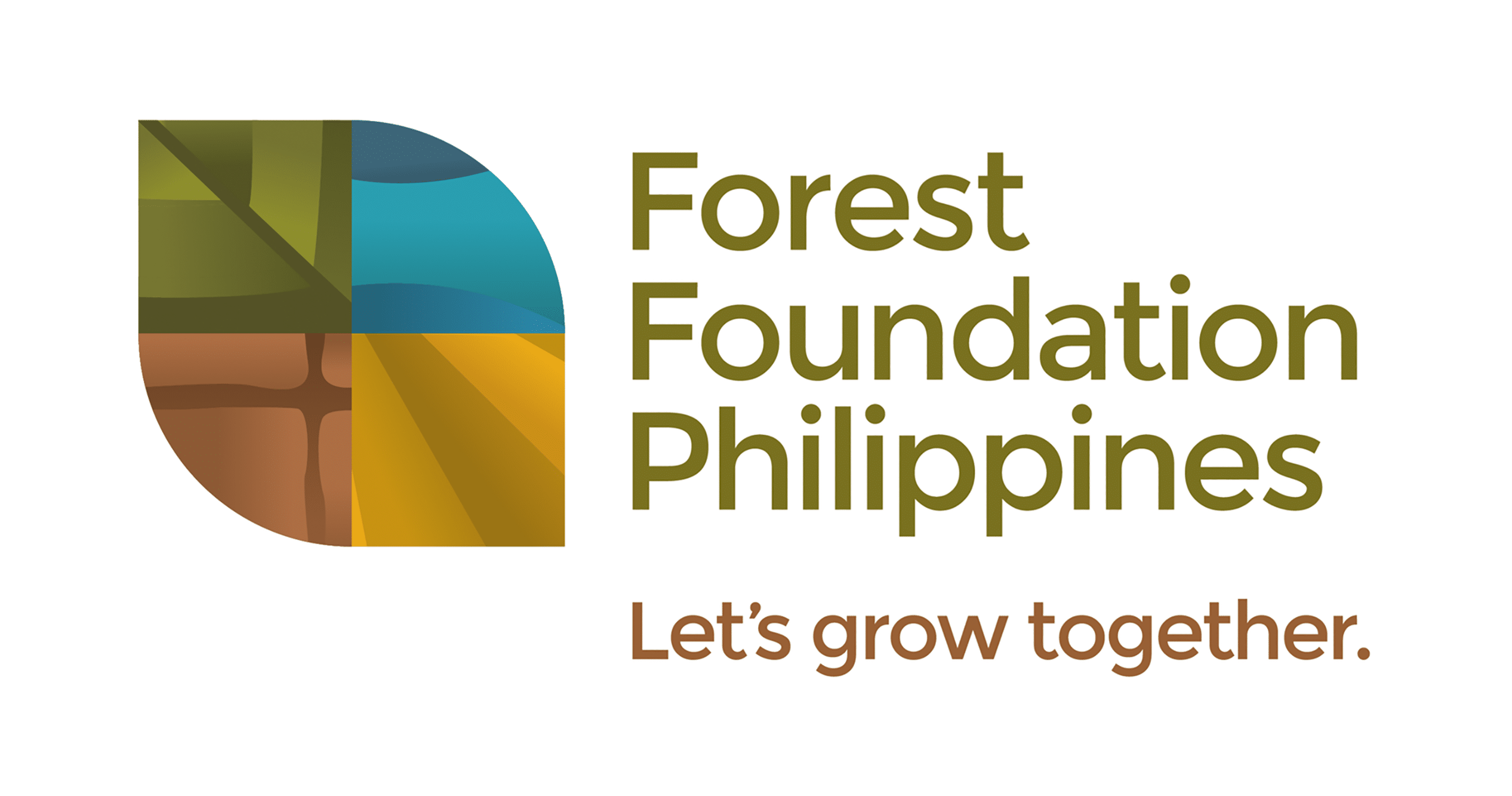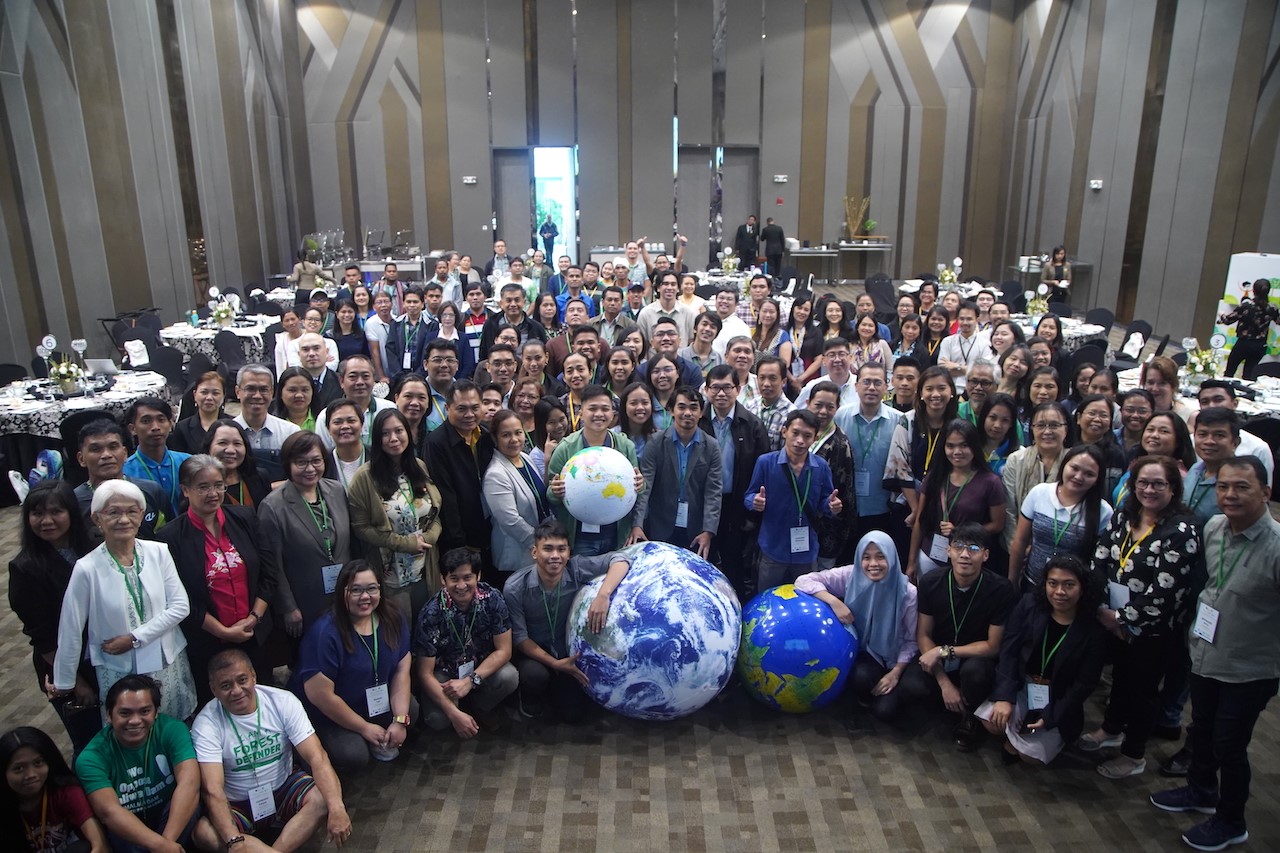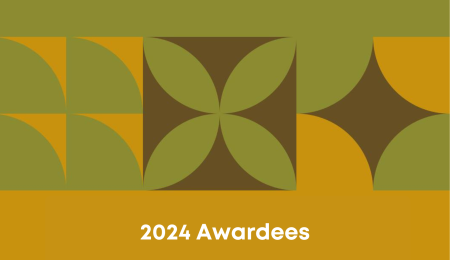Hundred forty-five envisioned together. Stakeholders from national and local government agencies, civil society organizations, academic institutions, youth groups, and media practitioners envisioned together to come up with proactive landscape approaches. The visioning activities were strategies put forward during the 2nd National Environmental Dialogue (NED), with the theme of Geography of Governance: Visioning Probable Futures for Landscape Governance, held last August 1 and 2, 2019, at Novotel, Cubao, Quezon City.
This year’s 2nd NED focused on providing space for participants from Sierra Madre, Palawan, Bukidnon-Misamis Oriental, and Metro Manila to co-create strategies for their landscapes. The strategies are targeted to address landscape-specific issues such as the increasing rate of land conversion in Sierra Madre, co-management approaches for Palawan, and strengthening IP community inclusion in landscape governance in Bukidnon-Misamis Oriental.
Emphasizing on regular dialogues. Participants also called for more regular landscape-level dialogues to help them thresh out specific issues, and provide opportunities for various sectors to agree on common positions. For the past year, while dialogues have also been conducted, what the participants highlighted this year was that they are already at a point where groups are more open for discussion, and where they already know the advocacies they want to push for.
Palawan stakeholders, in specific, targets to hold quarterly dialogues to keep the dialogues open and responsive to their environmental issues and concerns. Bukidnon-Misamis Oriental is finalizing their landscape working group that will keep the network active and the dialogues running.
Zooming in on landscape-specific issues and approaches. Most approaches fail because approaches do not recognize the complex contexts of issues and problems in a given geographic setting. Dialogues provide opportunities for groups to revisit situations in their landscapes, and as well as discuss about current human-environment dynamics that need to be taken into consideration.
Sustainable and Inclusive Landscape Governance Philippines (SILG PH) is a program implemented by Forest Foundation Philippines, together with Tropenbos International and several civil society organizations. SILG PH banks on opportunities that can emerge out of continuous dialogues, which can span from small intervention projects to policy reviews and advocacies.




